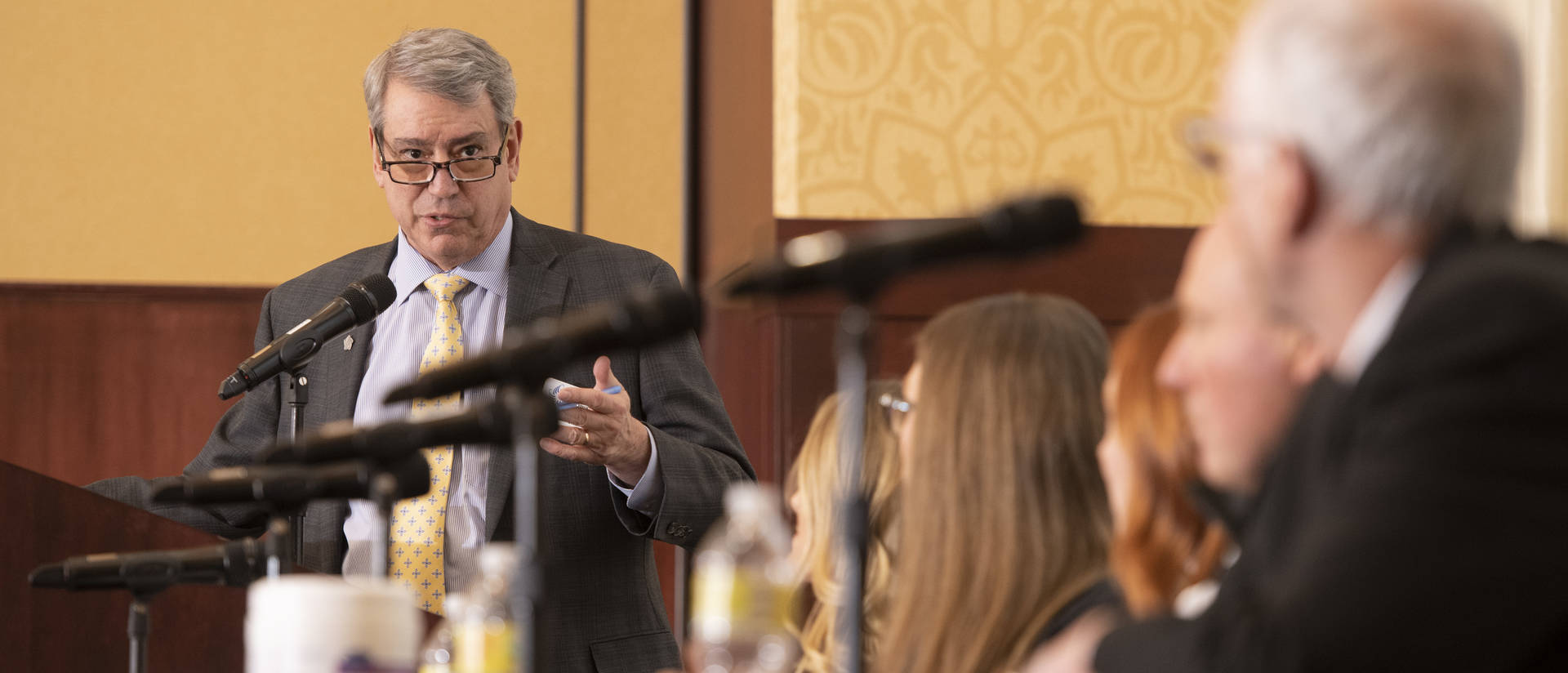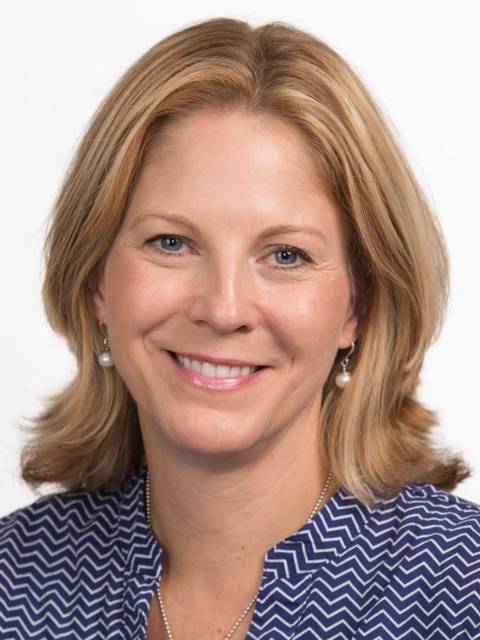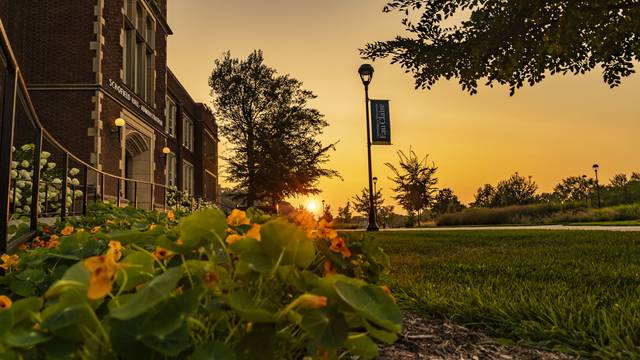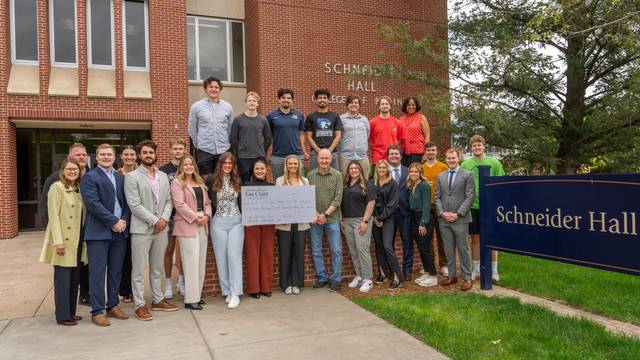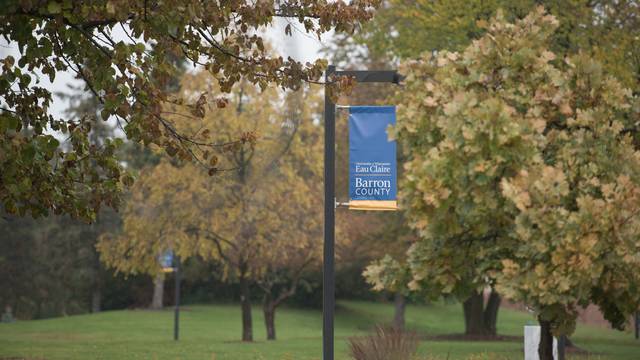Photo caption: Tom Still, president of the Wisconsin Technology Council, moderated a March 31 meeting of the Innovation Network at UW-Eau Claire, where campus, Mayo Clinic Health System and community leaders discussed innovation in rural health care.
The University of Wisconsin-Eau Claire on Thursday hosted a meeting of the Wisconsin Technology Council to discuss implementation plans for the $9.4 million Workforce Innovation Grant awarded to the university and Mayo Clinic Health System in Northwest Wisconsin in late 2021.
As the science and technology advisor to Gov. Tony Evers and the Legislature, the Wisconsin Technology Council serves a key networking role in the state through its Innovation Network, a membership arm dedicated to fostering statewide innovation and entrepreneurship.
Tom Still, president of the Wisconsin Technology Council, moderated the panel of guests invited to highlight for area stakeholders and citizens the plans for the grant. Still said the grant award will apply “innovative, multifaceted approaches to health education, delivery of rural health care service and improved outcomes in rural health care throughout northwestern Wisconsin.”
Panel members were:
- Dr. Michael Carney, assistant chancellor for strategic partnerships and program development, UW-Eau Claire.
- Sara Carstens, operations manager of clinical research and innovation, Mayo Clinic.
- Rena Hale, research associate, Mayo Clinic.
- Danielle Williams, assistant deputy secretary, Wisconsin Department of Workforce Development.
- Scott Zielski, chief executive officer, SMARTcare Software in Eau Claire.
Chancellor James Schmidt and Dr. Richard Helmers, regional vice president of Mayo Clinic Health System in Northwest Wisconsin, noted their excitement about the opportunities the grant provides for UW-Eau Claire students, patients and providers of Mayo Clinic Health System Northwest Wisconsin and, most importantly, for rural communities throughout the state.
“The extraordinary collaboration you will hear about today has grown out of two important UW-Eau Claire commitments,” Schmidt said. “The first is a commitment to improve the health and human wellbeing of our region of the state by developing the talent and resources to transform health care in rural parts of the country.
“The second commitment is to innovation, working together with individuals and organizations to imagine new solutions for the future.”
Over the course of the discussion, the key elements of the grant were touched on to varying degrees. Those elements include plans to graduate more nurses each year; networks to support teachers, nurses and social workers who take jobs in rural districts; the establishment of new academic programs to meet workforce needs; and support for business owners with innovation skills to face future economic disasters like the COVID-19 pandemic.
One grant element that took center stage in much of the discussion was the concept of rural health care coaches, technology-based virtual and support personnel serving as liaisons between patients and care providers.
Zielski, of SMARTcare Software, offered encouraging news about how innovative products already on the market from companies like his can be instrumental in delivering the care model.
“Our care providers with SMARTcare are delivering home health care to seniors who elect to stay in their homes as long as possible. The health care coaches you’re talking about could help to educate them in providing better care,” Zielski said. “I’d love to find out more about how these coaches can interact with our care providers and their patients, and find ways for more people to stay home safely.”
Carstens, of Mayo Clinic, pointed out that one “silver lining” of the pandemic has been the rapid advance of options in delivering home and remote care.
“The innovative approaches and systems that came about out of necessity can now be utilized to make in-hospital care something that is relied upon only when absolutely necessary,” Carstens said.
With a focus on education, innovation and entrepreneurial skill development, Schmidt closed the session with a grateful nod to collaboration and regional partnerships.
“I truly believe this will transform rural health care and rural communities,” Schmidt said. “This isn’t smoke and mirrors, but it only works because of our tremendous collaborations in this region. It has the power to fundamentally change how we’re all doing business.”
For more detail on the grant and implementation plans, see related Feb. 9 story.
